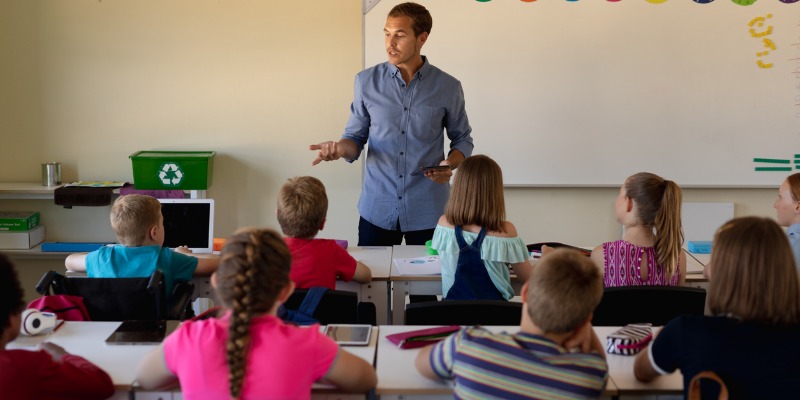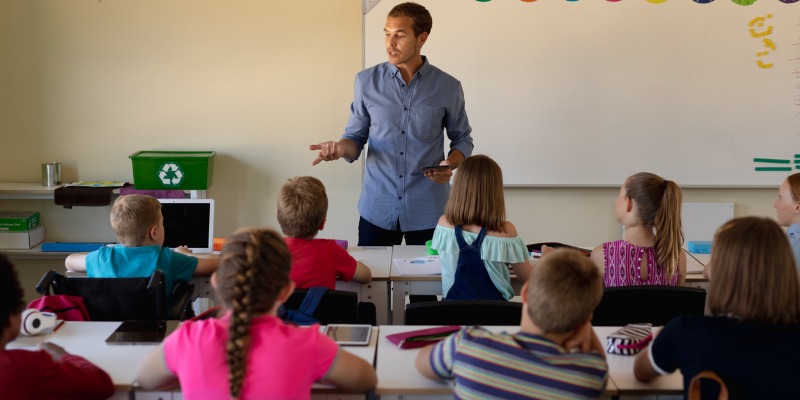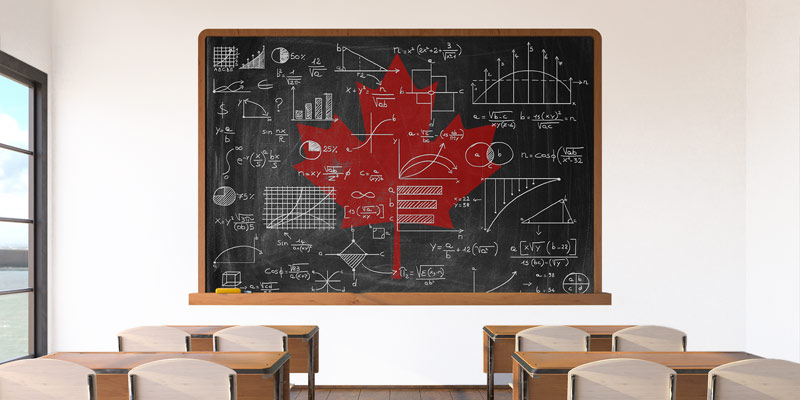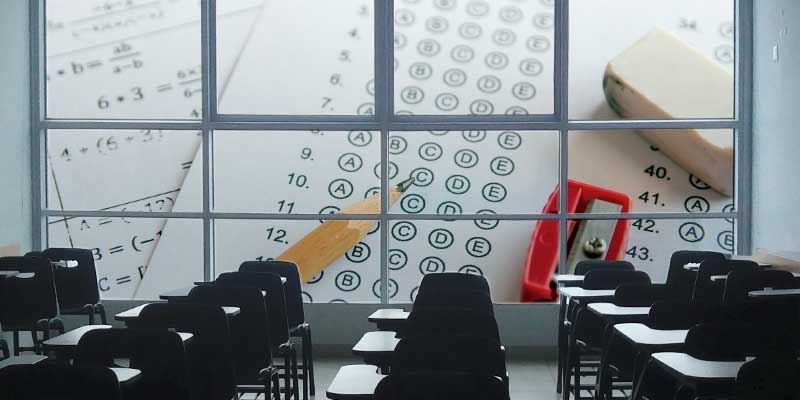Students in the province have missed at least 21 weeks of in-class learning in less than two years.
student achievement
Spending on B.C. public schools rose from $6.2 billion to $7.1 billion, a 15.4 per cent increase.
Spending more on public schools for better educational results to brighten our children's future is one thing, but spending more and getting less should be unacceptable to everyone.
B.C. could fund independent schools like they do public schools or offer vouchers.
Quebec students have consistently outperformed their peers in all other provinces.
In the recent PISA assessment, the province’s score dropped well below the Canadian average.
Ontario union leaders say proposed increases to the number of students per teacher will hurt the quality of education in the province.
Independent school enrolment reaches a high of 12.8 per cent in B.C. and a low of 0.8 per cent in New Brunswick.










